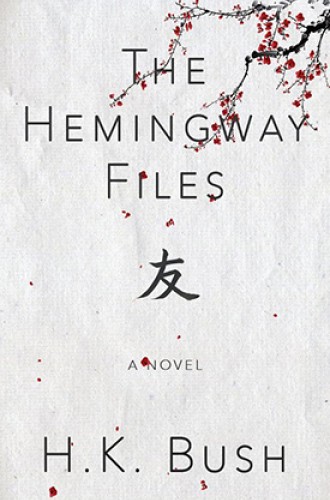A novel that charts a spiritual transformation
H. K. Bush's tale revolves around the challenges of a Western academic's encounter with the East.
One blurb writer calls H. K. Bush’s novel “layered,” and it certainly is that. First, there is the framing story.
An aging, professionally discouraged English professor named Martin Dean receives a package from his protégé, Jack Springs, a former standout student who has gone on to earn a Ph.D. and a good position in the Gonzaga English department after experiencing a painful epiphany during a Japanese guest lectureship. Another layer: Jack has recently died of prostate cancer in early middle age, so the package is a gift and a message from the dead, forwarded by Jack’s grieving father.
Some of the carefully wrapped parcels in Jack’s package I won’t describe, so as not to ruin the surprises Bush builds into the plot. The bulk of the package consists of a manuscript, Jack’s tale of his visiting professorship in Kobe, Japan, some 15 years earlier, in the middle 1990s. This tale in Jack’s voice becomes the novel’s main action. Professor Dean’s written reactions to Jack’s chapters add another layer, one that is oddly tutorial. He tells us, for example, that certain “sacred temple items also became symbolic of Jack’s subsequent quest,” as if we hadn’t deduced that for ourselves.





